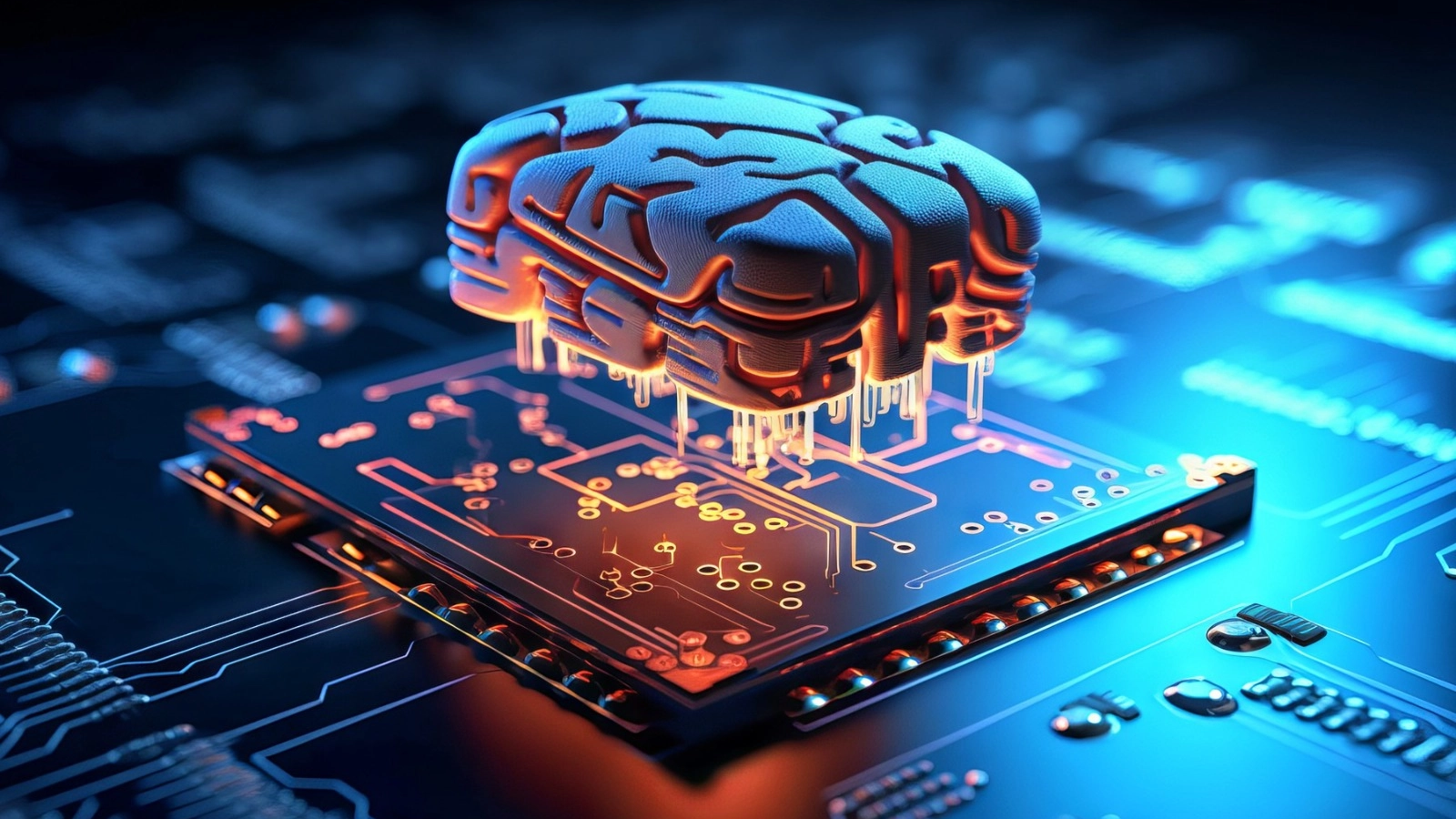Artificial intelligence is in our daily lives, and implementing it in existing applications is not difficult from a technical point of view, but it's more difficult when it comes to changing the mentality, head of ICI (National Institute for Research and Development in Informatics) Bucharest, Adrian Victor Vevera, said at a specialized forum on Thursday.
"AI is in our daily lives, like it was also said earlier in the first panel, and implementing applications or areas of AI in existing applications is not difficult from a technical point of view. However, when it comes to changing the mentality, it does become more difficult, and we saw the discussions around ChatGPT: 'AI is coming, it's going to kick us out, we're going to lose our jobs and so on.' The analyses clearly show that the implementation of the AI will lead to growth, somewhere there was an estimate that by 2030 there will be 13 trillion generated by industries that have the AI part behind them," said Vevera, at the D-TECH Forum.
According to him, for artificial intelligence, the quality of data matters, and the more accurate the data is, the better the predictions will be.
"In the medical area (...) IBM had come up with the Watson model, which was actually a prediction and diagnosis in the oncology area. Why did it have such a good performance? Because it had access to a lot of data, to medical files, to over 2.8 million patients, and for an AI, the quality of the data matters. So, the fact that we will implement AI in existing applications must be correlated with the quality of the data it will manage," said the head of ICI Bucharest.
Vevera emphasised that, in the medical area, artificial intelligence will clearly bring a plus from many points of view.
"In the imaging area, there is a battle now, because it is the one that saves you the most effort. We are talking of a comparison between CT scans, X-rays, MRIs and so on. The microbiology area, again, on the research side, in pharmacy, in searching for new drug formulas, the AI is of great help," he said.
Nevertheless, when it comes to using AI in administration, it will be more difficult to change the mentality, because digitalisation provides evidence of the efficiency of the work that employees do in the sector.
The first edition of the D-Tech Forum 2025 in Bucharest, a regional summit that aims to align visions on digitalisation and cybersecurity in the context of the European Competitiveness Plan, takes place on Friday at the National Bank headquarters. The event is attended, among others, by the vice president of the European Parliament, Victor Negrescu.
Also participating in the forum are the Minister of Health, Alexandru Rafila, and representatives of Romanian institutions responsible for digitalisation and cybersecurity, along with top personalities from the private sector, as well as cybersecurity experts from other countries in the region.
































Comentează